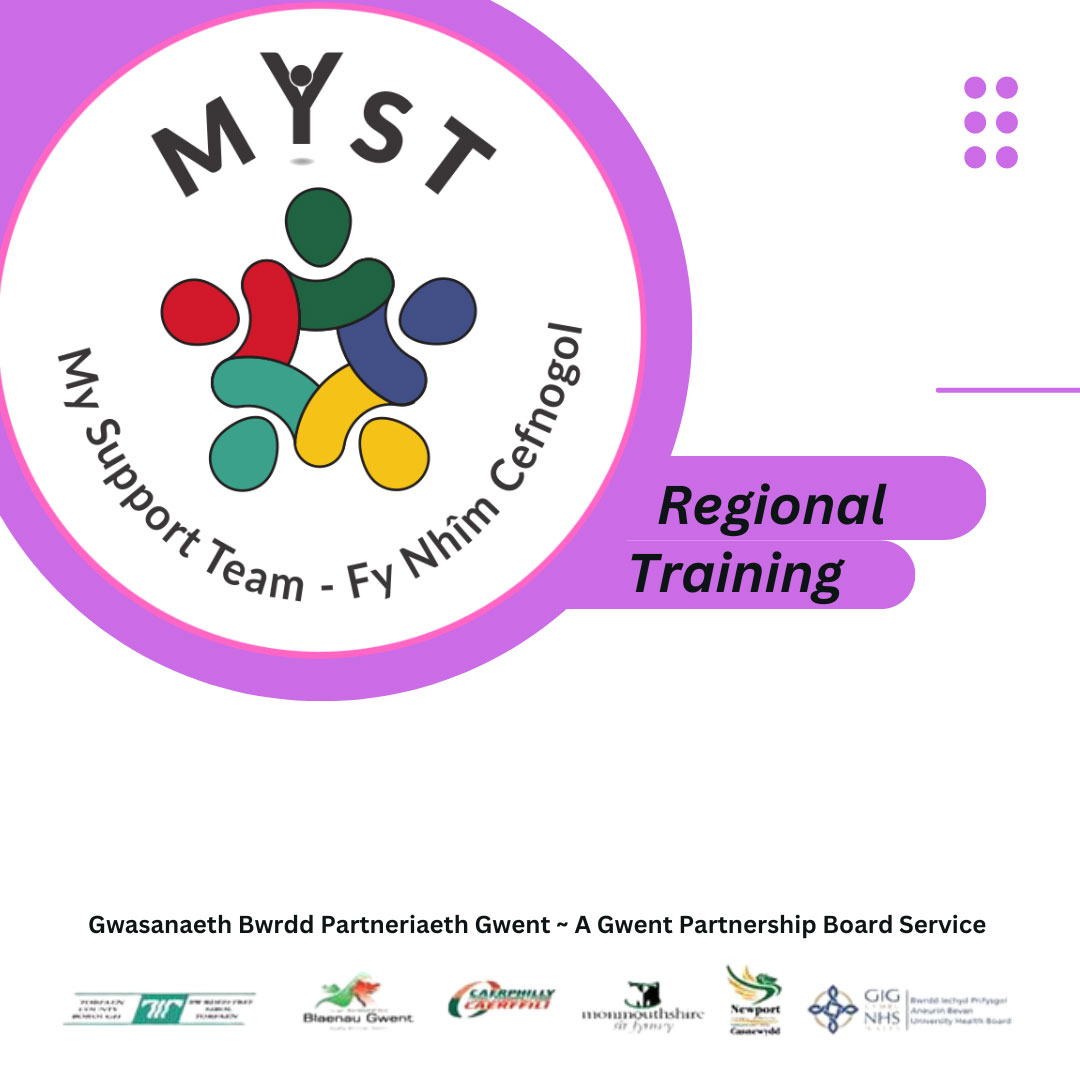
Children who have experienced trauma and early adversity often go on to develop difficulties regulating their emotions. We will spend the session exploring how and why this happens, what it means for children and for carers, and what might be helpful to support them to develop skills in emotion regulation. We will include opportunities to […]
Read 'Emotional Regulation' >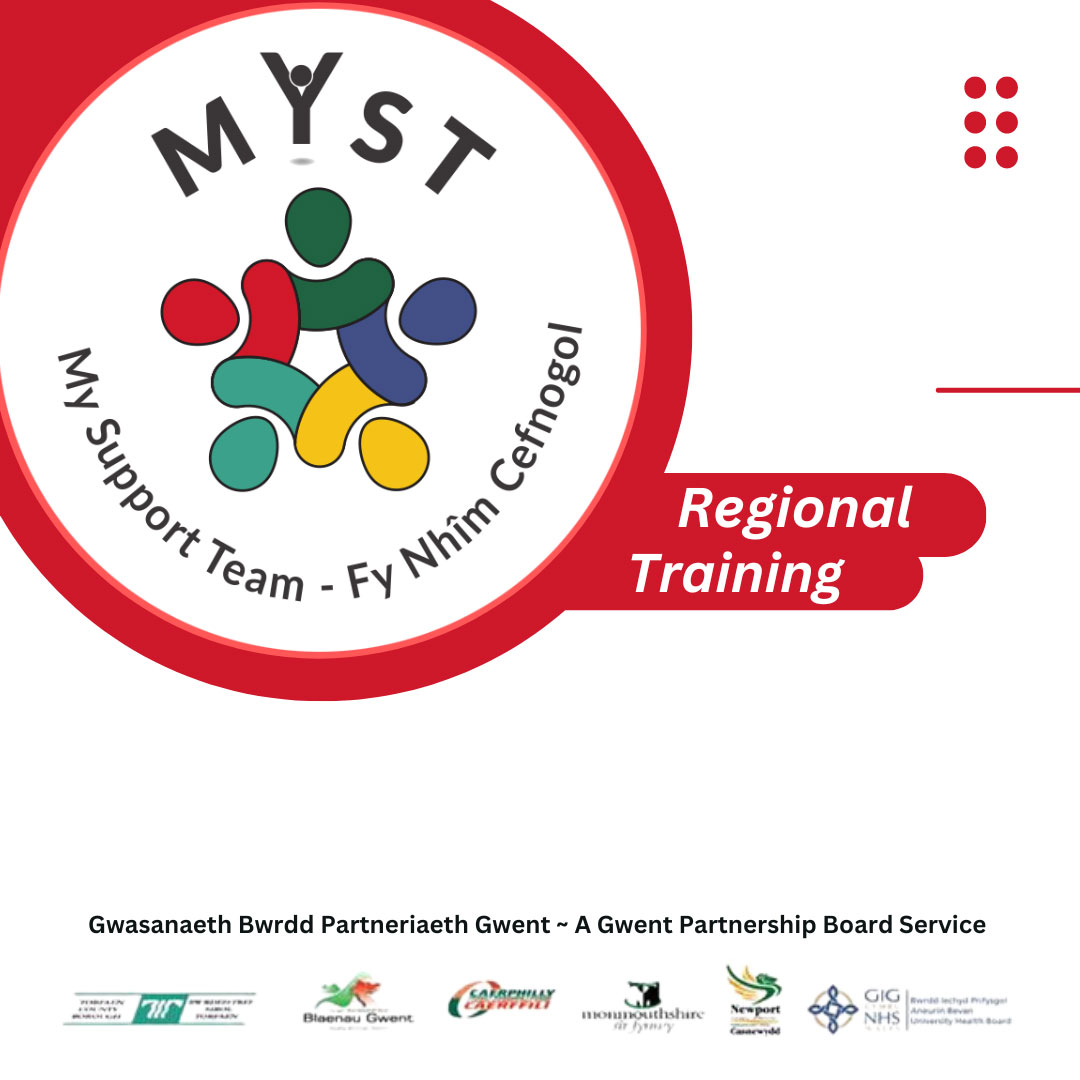
Why do children make allegations? How do allegations impact on carers? What support is needed when an allegation is made?
Read 'Allegations' >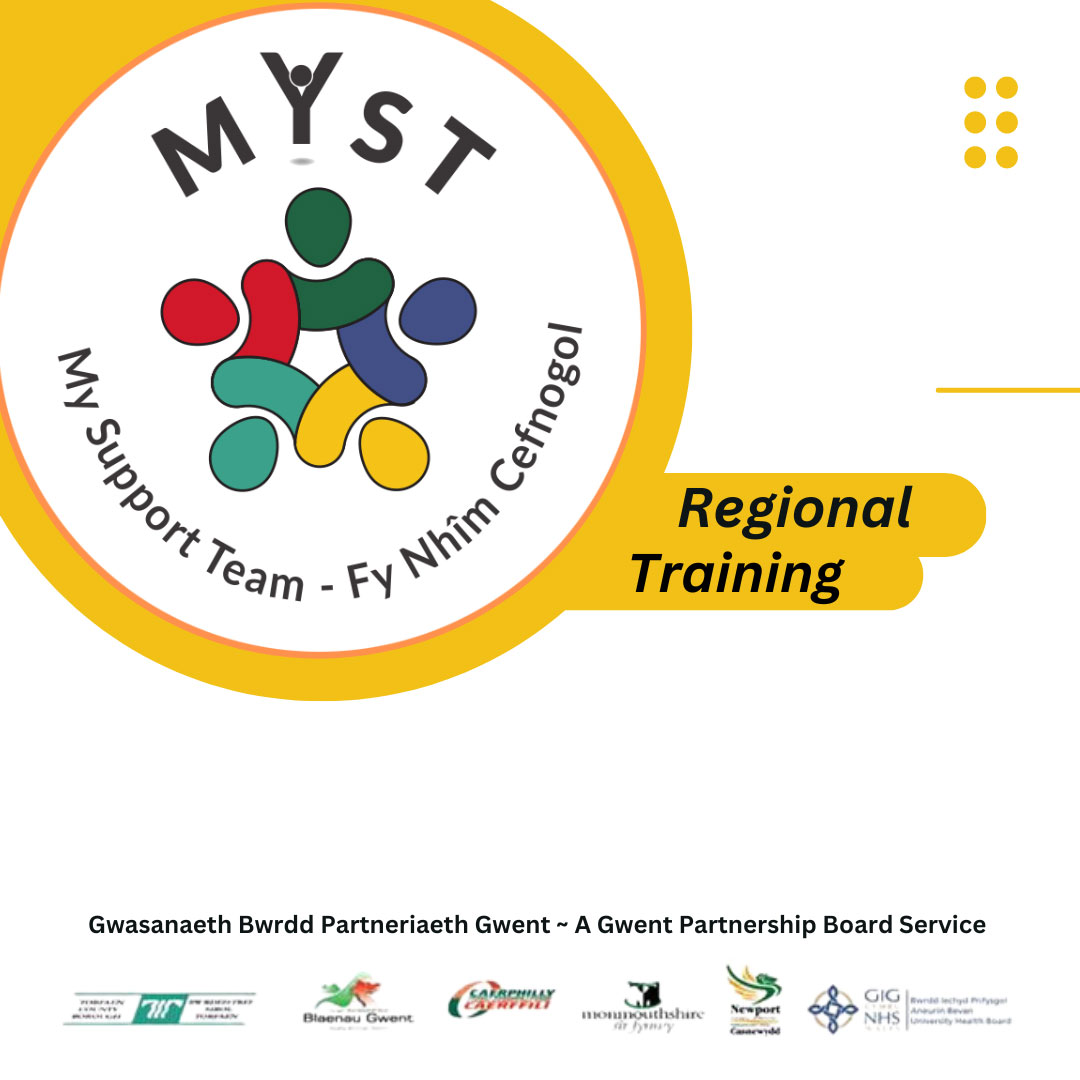
The course will explore ideas around secondary trauma and its impact on individuals working with/caring for children and young people who have experienced trauma. We will also look at how we as adults understand our own needs, responses and how we can look after ourselves. To explore the concepts of secondary trauma, compassion fatigue, burnout, […]
Read 'Vicarious Trauma' >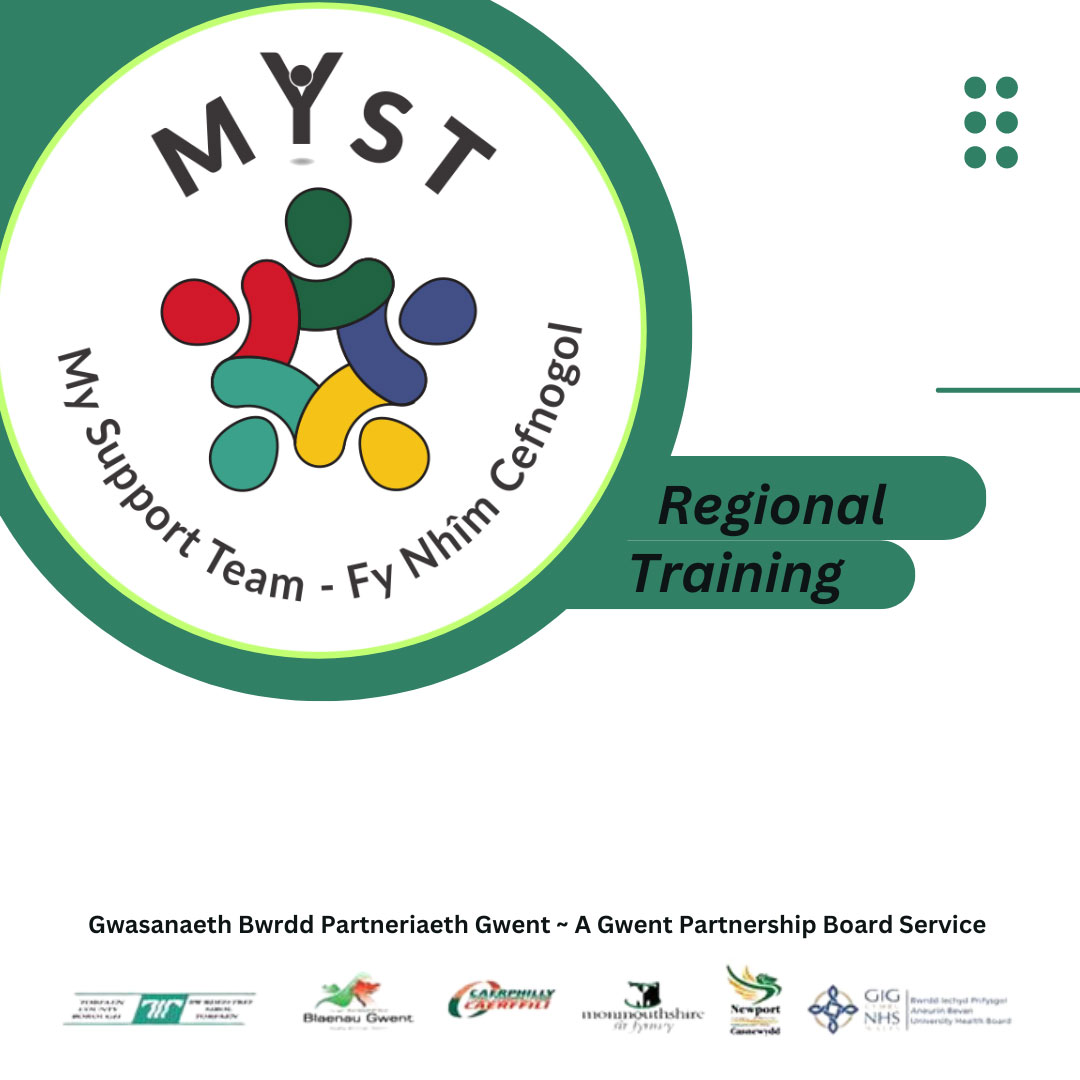
Fundamentals of therapeutic play and the relational benefits attached. Practical experience of therapeutic play in order to learn skills and the benefits of engaging. Using Theraplay-based activities as a method of developing skills to build on relationships. Some elements of theoretical based learning.
Read 'Therapeutic Play' >
The aim of the workshop is to understand how the body responds to trauma. Why children don’t just calm down in a calm environment. Harmful behaviours (Polyvagal Theory) Understanding why children “flip their lid” Understanding the impact of trauma (impulsive behaviours) Why people are slow to change in spite of good care
Read 'Why we flip. Polyvagal Theory' >
We will spend this session exploring the concept of PACE (‘Playfulness, Acceptance, Curiosity and Empathy’). PACE is a way of being with and caring for children who have experienced difficulties in their attachment relationships, which aims to help them form more secure attachment relationships with their caregivers. The course will explore how PACE can be […]
Read 'Therapeutic Parenting' >
To offer participants a summarised overview of Dialectical Behaviour Therapy (DBT) To make participants aware some of the DTB skills and strategies that can be used by young people and caregiver within the home/ community A space for participants to share experiences and examples of positive outcomes where DBT skills might have been applied.
Read 'Dialectical Behaviour Therapy' >
Lots of children who have experienced developmental trauma can struggle with impact that change and transitions can bring. This training course is designed to: Explore why change may be difficult for a child who has experienced trauma Explore the difference between expected and unexpected change and why this may be difficult for some children to […]
Read 'Transitions' >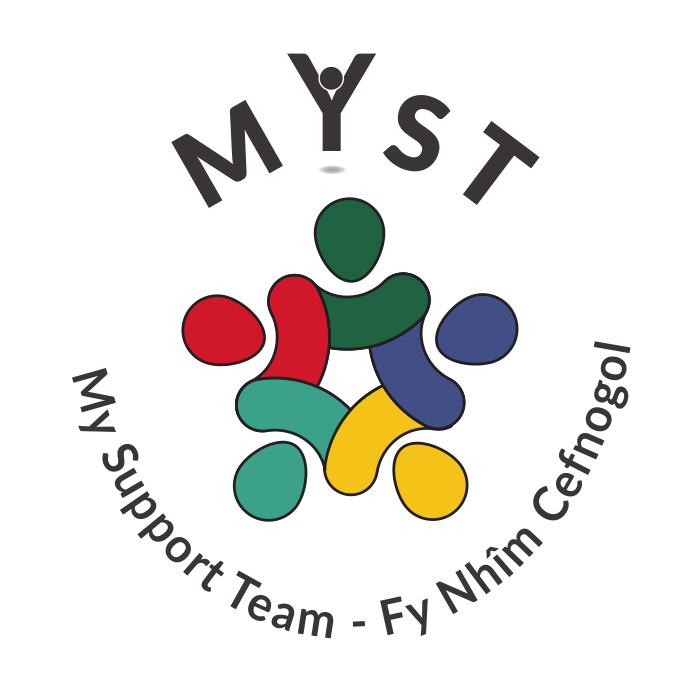
Neurological studies of brain development have shown that children who have experienced trauma and/or parenting that hasn’t met their basic needs tend to experience difficulties regulating their emotions. This can lead to a number of problems for children and young people and this course aims to: Develop an understanding of emotional literacy and emotional regulation […]
Read 'Developing Emotional Literacy' >
Recently, we were meeting together with a friend and fellow professional from another public service. Our friend told us that she was feeling frazzled. She had been working hard, covering staff vacancies, dealing with out of hours crises, trying to maintain the high standards that she is passionate about in the service of young people […]
Read 'Work, work, work' >